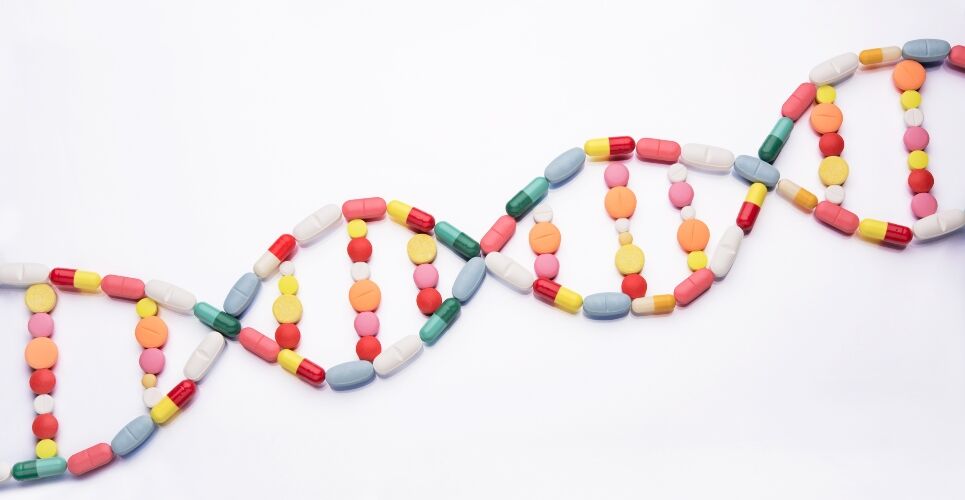Nearly two-thirds of UK qualified pharmacists reported not feeling confident at identifying drugs that required pharmacogenomic testing, a recent survey by researchers at the University of Liverpool has found.
Using a cross-sectional methodological approach, researchers gathered anonymised data from registered, preregistration and student pharmacists in the UK to ascertain the current educational status of pharmacogenomics.
The 35-item questionnaire was designed by a multidisciplinary team of researchers including expert pharmacogenomic clinicians and a clinical pharmacist. It covered a range of topics including confidence and familiarity with genetics and pharmacogenomics, addressing barriers to implementation, and understanding the needs surrounding further education.
Researchers identified that the survey was being predominately answered by hospital pharmacists and therefore disseminated the questionnaire to pharmacist and pharmacy student groups on Facebook to ensure a wider representative mix of pharmacists and students.
Pharmacogenomic knowledge
In total, 264 participants provided data for analysis and this comprised 168 practising pharmacists and 68 pharmacy students.
In response to the question ‘I am confident in my knowledge of which drugs require pharmacogenomic testing prior to prescribing’, some 65.3% of qualified pharmacists and 63.3% of the pharmacy students cited ‘strongly disagree’ or ‘disagree’.
In addition, in response to the question ‘in the past 12 months, how often have you requested/recommended a pharmacogenetic test be performed?’, the vast majority (86.7%) of qualified pharmacists cited that they had never requested or recommended a test.
When respondents were asked to rate their confidence ‘to make/advise a drug or dose change based on a pharmacogenetic test result’ using a 0 to 100 scale, over 90% of all respondents rated their confidence level at 50 or below.
Based on these findings, the researchers highlighted that there is a substantial amount of work to be done to prepare the UK pharmacy profession for the advent of pharmacogenomic testing into routine clinical practice.
It has been long understood that patients will respond differently to the same medicine and ‘pharmacogenomics’ refers to this genetic variation in drug response.

